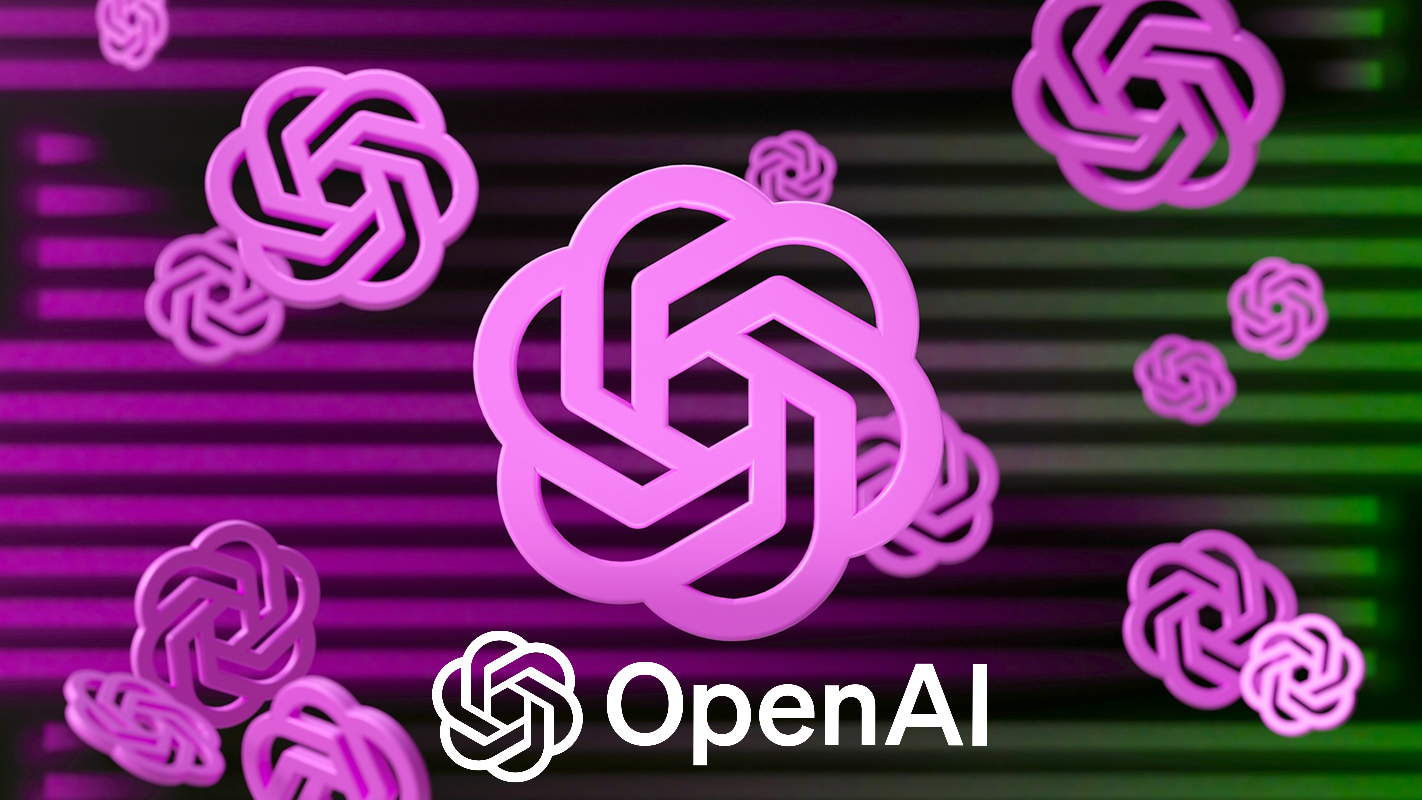Can Elon Musk Win in OpenAI Bid with $97 Billion?– Elon Musk’s recent $97 billion bid for OpenAI has sent shockwaves through the AI industry and financial markets. This offer, which doubles the previous go-private valuation of $40 billion, is not just a financial move—it’s a strategic gambit that challenges OpenAI’s unique structure, governance, and long-term mission. But can Musk win this bid, or is it simply a power play to expose OpenAI’s legal and ethical contradictions?
Understanding OpenAI’s Unique Structure
OpenAI is not a typical corporation. It began as a nonprofit organization with a mission to ensure that artificial intelligence benefits all of humanity. However, as the cost of AI development skyrocketed, OpenAI transitioned to a “capped-profit” model under OpenAI LP, allowing investors to earn returns while still upholding its mission-driven goals.
Key Governance Features of OpenAI
- Nonprofit Oversight – OpenAI Inc. retains control over OpenAI LP, setting strategic direction and ensuring alignment with its mission.
- Investor Participation – Investors like Microsoft hold preferred investment interests in OpenAI LP but do not have equity control.
- Fiduciary Duty to Mission – Unlike traditional for-profit companies, OpenAI’s board does not have a legal duty to maximize shareholder value.
This structure creates a legal grey area regarding acquisition attempts, making Musk’s bid fascinating and legally complex.
The Revlon Rule and Its Implications
What is the Revlon Rule?
Under Delaware corporate law, the Revlon Rule applies when a company decides to sell itself. It requires the board to prioritize maximizing shareholder value. However, since OpenAI’s board is structured as a nonprofit, it does not necessarily have this legal obligation.
How Musk’s Bid Challenges OpenAI
Musk’s $97 billion offer forces OpenAI into a corner:
- If OpenAI is truly mission-driven, rejecting the bid should be straightforward.
- If OpenAI operates more like a for-profit company, rejecting the offer raises serious governance questions.
Musk is calling out OpenAI’s board: If they reject a historically high valuation, they must justify their decision to investors, regulators, and the public.
Musk’s Strategic Move: A Masterstroke or a Bluff?
Testing OpenAI’s True Nature
Musk’s bid is more than just an attempt to acquire OpenAI—it’s a litmus test for whether OpenAI still adheres to its original mission or has shifted toward profit maximization.
Potential Outcomes:
- OpenAI Accepts the Offer – This would indicate that OpenAI is, in fact, a for-profit entity and not a mission-driven organization.
- OpenAI Rejects the Offer – If OpenAI turns down $97 billion, it could justify its decision based on its nonprofit governance model.
- Legal and Public Scrutiny Increases – Regardless of OpenAI’s decision, Musk’s bid draws attention to OpenAI’s legal structure and financial operations.
Musk vs. Microsoft: The Bigger Battle
Microsoft has invested billions into OpenAI, securing exclusive licensing rights over GPT-4 and future AI models. If Musk were to gain control of OpenAI, it could disrupt Microsoft’s dominance in AI, potentially forcing Microsoft to counter Musk’s offer or take legal action.
The Fallout from OpenAI’s Rejection
OpenAI’s board, led by Sam Altman, quickly rejected Musk’s bid. However, this rejection raises more questions than it answers:
- If OpenAI cannot be bought, why did it accept billions in investment from companies like Microsoft?
- If OpenAI operates like a business, why turn down an offer that more than doubles its last known valuation?
Legal Ramifications
- Regulatory Scrutiny – Musk’s bid could trigger a deeper look into OpenAI’s corporate structure.
- Potential Lawsuits – Investors might challenge OpenAI’s decision if it is perceived as disregarding financial interests.
- Public Trust Issues – If OpenAI is seen as prioritizing profits over transparency, it could lose credibility as an AI ethics leader.
Is Musk Trying to Slow OpenAI Down?
Altman has accused Musk of attempting to “slow OpenAI down” rather than making a genuine acquisition attempt. However, this argument does not directly address the core governance concerns Musk has exposed.
The Competitive AI Landscape
- Google DeepMind and Anthropic are racing to develop their own next-gen AI models.
- Tesla’s AI Ambitions – Musk has long championed AI at Tesla, making OpenAI’s future developments critical to his business strategy.
- The Future of AGI – OpenAI is at the forefront of Artificial General Intelligence (AGI), making its control highly strategic.
What Happens Next?
Musk’s bid may not be a legal checkmate, but it is a strategic power play. Here’s what to watch:
- Will Musk increase his offer? – A higher bid could apply even more pressure on OpenAI’s board.
- Will regulators investigate OpenAI? – Legal scrutiny over OpenAI’s nonprofit-for-profit transition could intensify.
- Will Microsoft step in? – As OpenAI’s largest investor, Microsoft could counter Musk’s move with legal or financial measures.
Wrap Up
Elon Musk’s $97 billion bid for OpenAI is a brilliant strategic maneuver that tests OpenAI’s governance, mission, and legal structure. Whether or not Musk wins the bid, he has already succeeded in forcing OpenAI to justify its decisions—both legally and ethically. This battle is far from over, and its outcome will shape the future of AI development, corporate governance, and Big Tech competition for years to come.
Will Musk ultimately succeed? That remains to be seen. But one thing is clear: he has changed the game.

Selva Ganesh is the Chief Editor of this Blog. He is a Computer Science Engineer, An experienced Android Developer, Professional Blogger with 8+ years in the field. He completed courses about Google News Initiative. He runs Android Infotech which offers Problem Solving Articles around the globe.



Leave a Reply